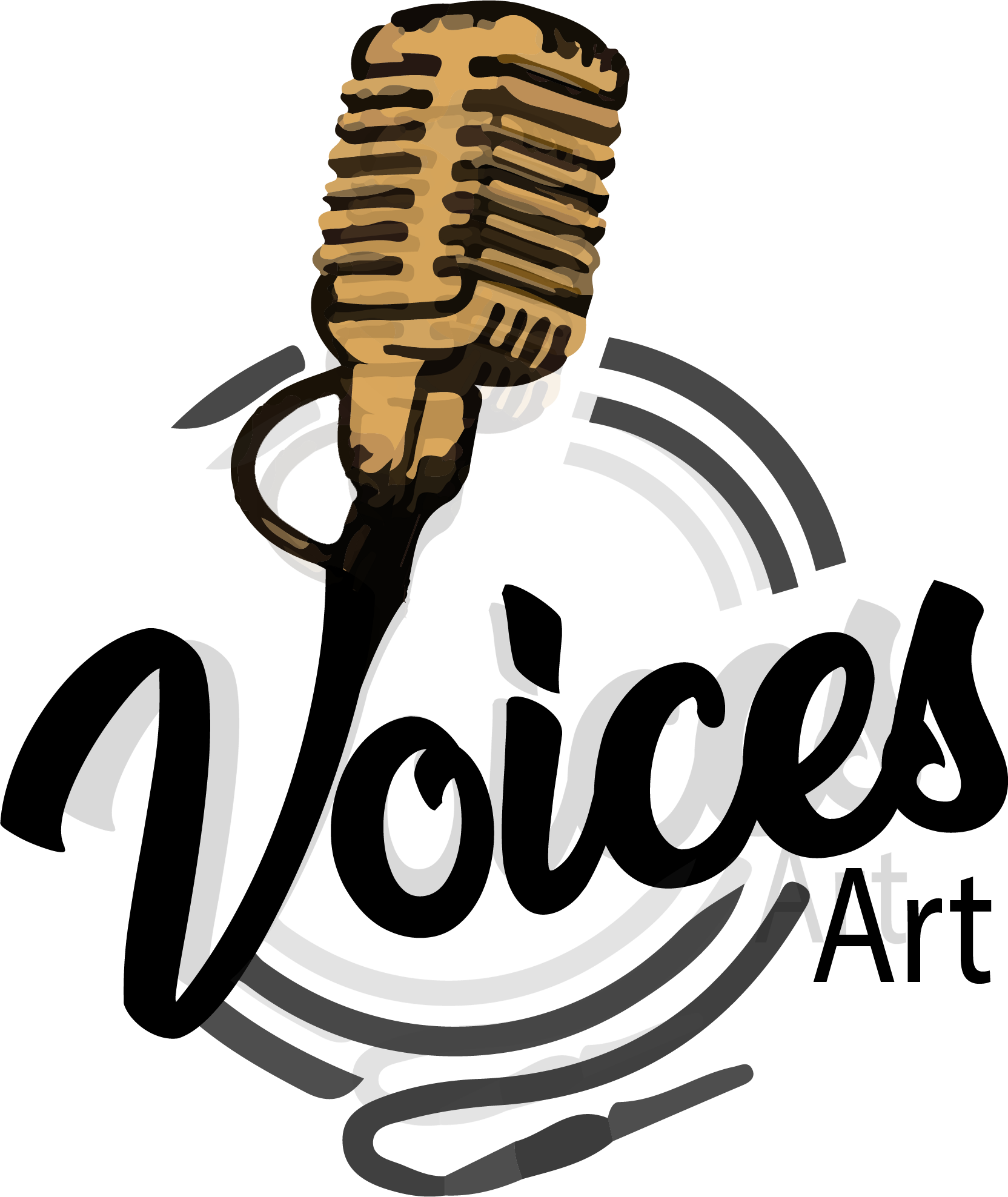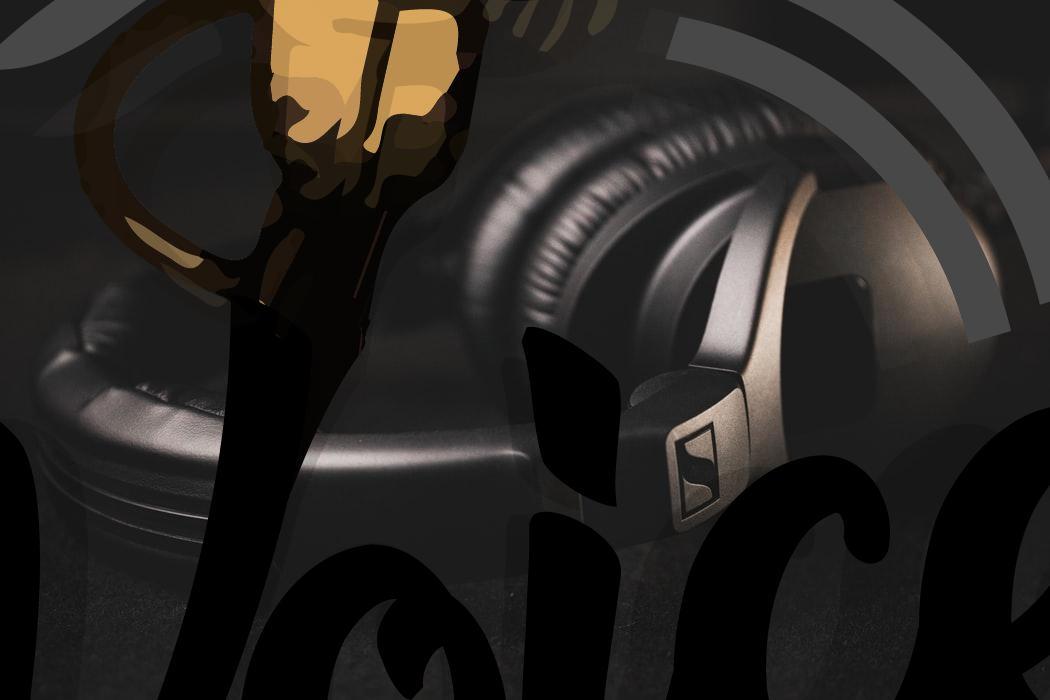Why is practice the most important?
Does practice make your work complete?
Great artists struggled (and some still do!) to practice.
In articles, a student mentioned world-renowned music artists and how they felt about their practice. Every one of them said they didn’t like to train, but they all did – in fact, they felt they had to train to stay ahead of their game and keep up with the competition or stay ahead of the competition.
There are many things in the field of voice acting that can be studied – knowledge – things that you learn abstractly and mentally. But the skills – well, these are the things that you develop as you work on them or practice them. It usually involves some physical coordination, and most of the time it gets easier the more you do it. You can learn about them in books, television, the Internet, lectures and classes. But you can’t learn how to apply it unless you practice it.
Practice makes a difference
One student recalls: I started piano lessons when I was about seven years old.
Show me how to sit, where to put my fingers, how to move them and what each exercise and piece should look like. I was supposed to practice at least thirty minutes every day until the next lesson. And when he showed up the following week, his initial comments were either, “Mark, it looks like you trained” or “Mark, it looks like you didn’t train.” Teachers have a way to tell if you’ve deflated or not.
Now, practice doesn’t always mean that you’ll get better the more you do it. You may be practicing wrong methods, doing things incorrectly, practicing poor form, and reinforcing bad habits. That’s why it’s so important to work with an experienced coach who has mastered the skills you’re trying to achieve.
Sometimes the exercises you do seem natural and easy when you start out; Other times they may feel embarrassed or completely impossible. If you encounter the latter, it’s okay: You’re trying to do something new, so feeling frustrated or ashamed about a lack of coordination is normal. But the more you train, the easier the exercises become. It’s like learning a musical instrument – it’s muscle memory, and you’re building your mental and physical muscles.
The more familiar you become with a piece of transcription, the more natural and conversational it will sound, because you begin to absorb it and not suffer from the “mechanics” of pronouncing the words.
What you do is crucial
If you have a good trainer, you will have specific exercises to practice, vocal warm-ups that include articulating all consonants and vowels, singing, wrestling with tongues and brotherly words and phrases.
The Internet has a large number of ads and scripts for you to practice that you can download for free, and there are countless audiobooks on the market with hundreds of different exercises.
How do you train?
Make sure your diaphragm and lungs can expand easily, your posture is correct, and that you are projecting your voice correctly and constantly moving air, allowing your voice to surf in waves of words.
And as a reminder: When you listen to your own voice, don’t beat yourself up if it isn’t good.
We’ve all heard, “Practice makes perfect” many times. Now, I don’t know anything about perfection, but I know for sure that practice makes it better. You strive to be your best self, aiming for perfection, but perfection is elusive.
If you practice to keep getting better, you will be able, many times over, to achieve those perfect moments, those times when you are “in the zone,” and perform a flawless vocal performance. But if you expect to be perfect every time you get behind the microphone, you’re setting yourself up for disappointment.
Where you train makes a difference too
If you have a home studio (whether simple or complex), practice there. It’s great if you can recreate the environment in which you will eventually perform.
Being close to the microphone, with and without headphones, selecting a sitting or standing position, adjusting line-of-sight (where you can see the transcript clearly but still on the microphone) and proper lighting are all things you want. You will encounter in the real world. The more comfortable you feel, the more comfortable you will be in an actual session It’s very cheap now (sometimes under $500).
Going back to the artists I mentioned at the beginning: remember they said they didn’t like to practice, but did you do it anyway?
Well, they’ve found ways to make exercise fun, challenging, and fun.
So find text or ad text that is interesting and/or interesting to read aloud. Rehearse at the volume at which you will speak in session, not whisper or mumble to yourself.
How do you get inspired to train every day? Listen!
Hear the voices of the people you love – your favorite audiobook narrator, your favorite documentaries narrator, and demos from top talent. Listen for inspiration, but don’t be afraid. These are the people who have practiced their profession for thousands of hours, and continue to do so to stay ahead of the game.

